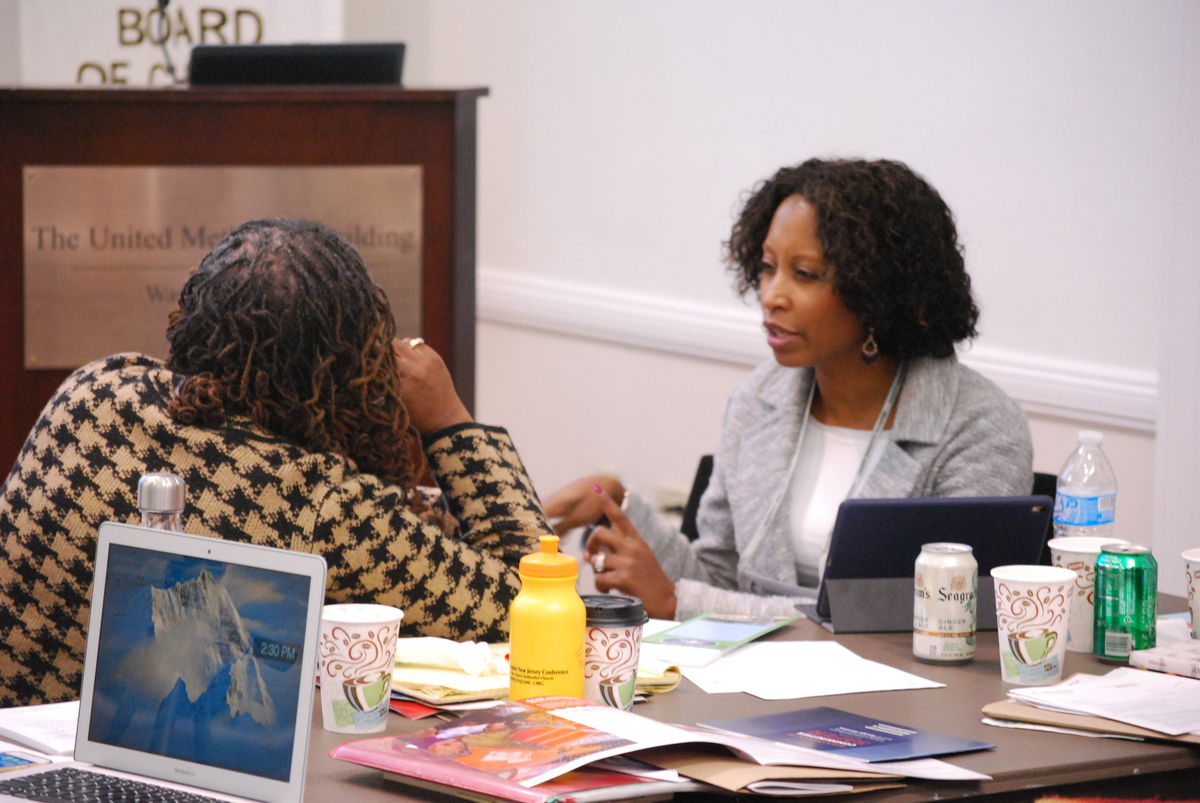Human Trafficking
We seek to provide pastoral care for individuals, while also working to end the supply and demand of trafficking.

Nearly 21 million people are victims of labor trafficking, trapped in jobs through force, fraud or coercion. Human trafficking is a $150 billion industry worldwide with two-thirds of those profits coming from commercial sexual exploitation.
People become vulnerable to traffickers as a result of many factors that are common in people of all ages in every town, village and community.
Victims of trafficking have often experienced:
- • Low self-esteem
- • Violence or abuse
- • Financial challenges
- • Migration
- • Poverty – housing or food insecurity
- • The influence of peers involved in illicit activity
- • Lack of access to quality education
- • Unstable employment
- • Displacement by disaster or war
As faith communities, we seek to provide sanctuary and pastoral care for individuals, while also working to end the supply and demand of trafficking. The Church must be committed to challenging the systems (cultural, economic, political) that both create vulnerability and the opportunities for exploitation.
What the Bible and The United Methodist Church Say:
“Woe to him who builds his house by unrighteousness, and his upper rooms by injustice; who makes his neighbors work for nothing, and does not give them their wages.” (Jeremiah 22:13)
“We deplore all forms of commercialization and exploitation of sex, with their consequent cheapening and degradation of human personality. To lose freedom and be sold by someone else for sexual purposes is a form of slavery, and we denounce such business and support the abused and their right to freedom.” (Social Principles, ¶161.I)
“We call on United Methodists … to actively champion anti-slavery efforts by petitioning the United Nations and the legislative bodies of all countries in which The United Methodist Church has an organized ecclesiastical structure, to demand the freeing of all persons subjected to modern-day forms of enslavement and bonded labor.” (Book of Resolutions, 6032)
“United Methodists have worked to eradicate the many forms of violence that destroy the integrity of individuals, families, communities, and nations. People of faith must work to change attitudes, beliefs, policies, and practices at all levels of society that dehumanize and promote the exploitation and abuse of women and girls.” (Book of Resolutions, 3427)
Three Things You Can Do:
- Visit Slavery Footprint to find out your connections to slavery and to learn what concrete changes you can make in your life and in the life of your congregation.
- Host a screening and discussion of Not My Life, a film exploring modern-day slavery. Register here for a free screening.
- Organize a group to contact and urge lawmakers to pass state and national laws that work to end modern day slavery. Visit the Polaris Project to identify legislation in US state and federal governments.
- Work within your community to end factors that create vulnerability: poverty, racism, sexism and gender-based violence, war and conflict, climate change and media and cultural images that promote the objectification of women.
Related Resources